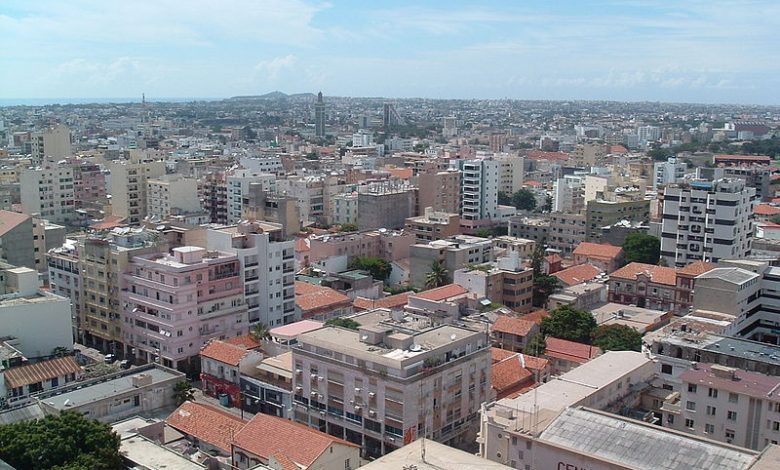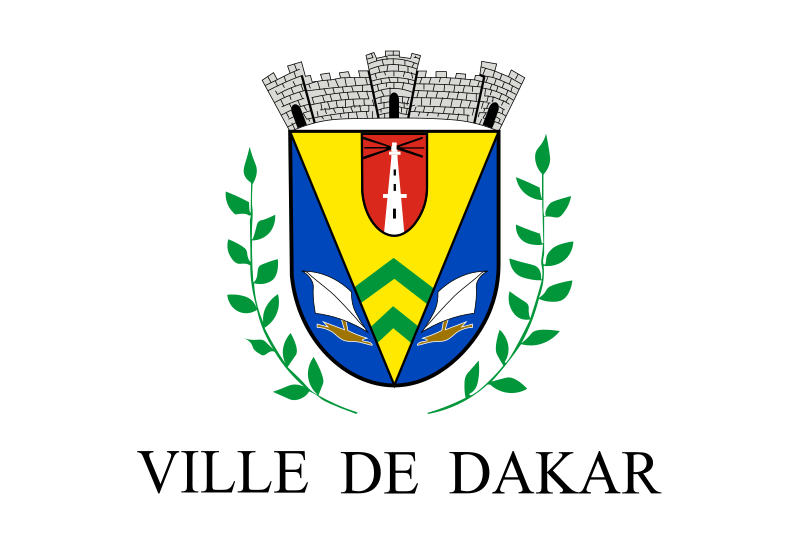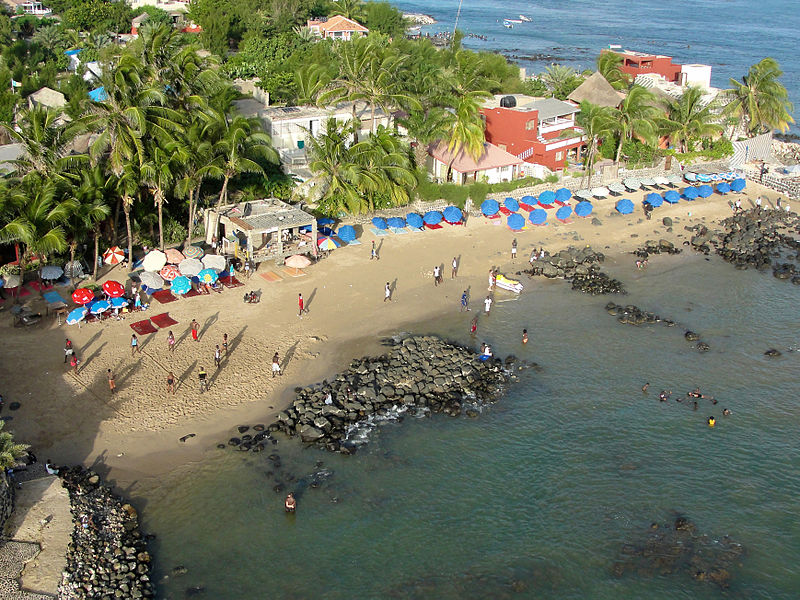Dakar

Dakar, the capital and largest city of Senegal, is a bustling metropolis located on the Cape Verde Peninsula in West Africa. Known for its rich history, vibrant culture, and strategic location, Dakar has emerged as a major economic and political hub in the region. Continue reading this article to explore the fascinating story of Dakar, from its early settlements to its present-day prominence. Join us on this journey as we delve into the history, geography, administration, notable sites, culture, and people that make Dakar truly unique.




| ID |
|---|
| 104704 |
| Name |
| Dakar |
| State ID |
| 473 |
| State Code |
| DK |
| State Name |
| Dakar |
| Country ID |
| 195 |
| Country Code |
| SN |
| Country Name |
| Senegal |
| Latitude |
| 14.69370000 |
| Longitude |
| -17.44406000 |
| WikiData ID |
| Q3718 |
History of Dakar
Dakar’s history dates back to the 15th century when the Lebu people, a subgroup of the Wolof ethnic group, established villages on the Cap-Vert peninsula. The Portuguese arrived in 1444 and established a presence on Gorée Island, using it as a base for the Atlantic slave trade. In 1677, Gorée Island came under French control. Over the years, Dakar grew into a major regional port and a key city in the French colonial empire. In 1902, it became the capital of French West Africa and later the capital of the independent Republic of Senegal in 1960.
Geography of Dakar
Situated on the southeastern side of the Cape Verde Peninsula, Dakar enjoys a strategic location between the Gambia and Sénégal rivers. Its natural harbour, protected by limestone cliffs and breakwaters, has made it one of the best ports in Western Africa. The city’s name derives from “dakhar,” a Wolof term for the tamarind tree and the name of a coastal Lebu village. Dakar’s geography also includes the nearby Gorée Island, which played a significant role in the slave trade.
Climate and Climate Change
Dakar experiences a tropical savanna climate characterized by distinct wet and dry seasons. The dry season, from November to May, is hot and arid, while the wet season, from June to October, brings heavy rainfall. Climate change poses challenges to Dakar, with rising sea levels threatening coastal areas and increasing the frequency and intensity of extreme weather events. Efforts to mitigate and adapt to climate change are crucial for the city’s sustainable development.
Administration of Dakar
Dakar is divided into 19 communes d’arrondissement, each with its own mayor and municipal council. The city is governed by a mayor, currently Barthélemy Dias, who oversees its administration and development. The municipality of Dakar plays a vital role in the political, economic, and social life of Senegal, serving as a centre for government institutions, commerce, and cultural activities.
Notable Sites in Dakar
Dakar is home to numerous landmarks and attractions that showcase its rich heritage and vibrant culture. The Place de l’Indépendance, located in the heart of the city, is a significant symbol of Senegal’s independence. The Maison des Esclaves on Gorée Island stands as a poignant reminder of the transatlantic slave trade. The Mosque of Divinity, with its stunning architecture, and the bustling Soumbedioune boats of Médina are also must-visit sites. Ngor Beach offers a picturesque escape for locals and tourists alike.
Places of Worship
Dakar is a multicultural city with a diverse religious landscape. Islam is the predominant religion, and the city is home to numerous mosques, including the Grand Mosque of Dakar and the Mosque of Divinity. Christianity, animism, and other faiths also have a presence in Dakar, with churches and temples scattered throughout the city. These places of worship serve as important spiritual and community centres for Dakar’s residents.
Culture in Dakar
Dakar is a vibrant cultural hub, known for its artistic expression, music, dance, and literature. The city hosts numerous festivals and events throughout the year, such as the Dakar Biennale, a renowned contemporary art exhibition. Museums like the Théodore Monod African Art Museum and the Museum of Black Civilizations celebrate the rich cultural heritage of Africa. Traditional music genres like mbalax and the energetic Sabar dance are deeply ingrained in Dakar’s cultural fabric.
Sports
Sports play a significant role in the daily lives of Dakar’s residents. Football (soccer) is the most popular sport, with passionate fans supporting local clubs like ASC Diaraf and AS Douanes. Dakar has also hosted international sporting events, including the Dakar Rally, an iconic off-road endurance race. The city’s diverse sporting infrastructure caters to a wide range of activities, from athletics to surfing, reflecting Senegal’s enthusiasm for sports.
Transportation
Dakar has a well-developed transportation network that connects the city to other regions of Senegal and beyond. Blaise Diagne International Airport, located north of the city, serves as a major transportation hub for both domestic and international flights. The city’s road network includes highways, expressways, and a recently introduced Bus Rapid Transit system. Dakar also has a port that handles maritime trade and passenger transportation.
Notable People from Dakar
Dakar has produced many notable individuals who have made significant contributions in various fields. One such figure is Lamine Guèye, a prominent Senegalese politician who played a crucial role in the country’s fight for independence. His advocacy for African assimilation into French culture and institutions laid the foundation for Senegal’s political development. Today, Dakar continues to nurture talented individuals in fields such as arts, literature, sports, and academia.
International Relations
Dakar maintains diplomatic relations with countries worldwide, reflecting its status as a global city. The city serves as a diplomatic hub, hosting numerous embassies and consulates. These international connections foster cultural exchange, trade, and cooperation in areas such as education, healthcare, and technology. Dakar’s active participation in international organizations and events further strengthens its global presence.